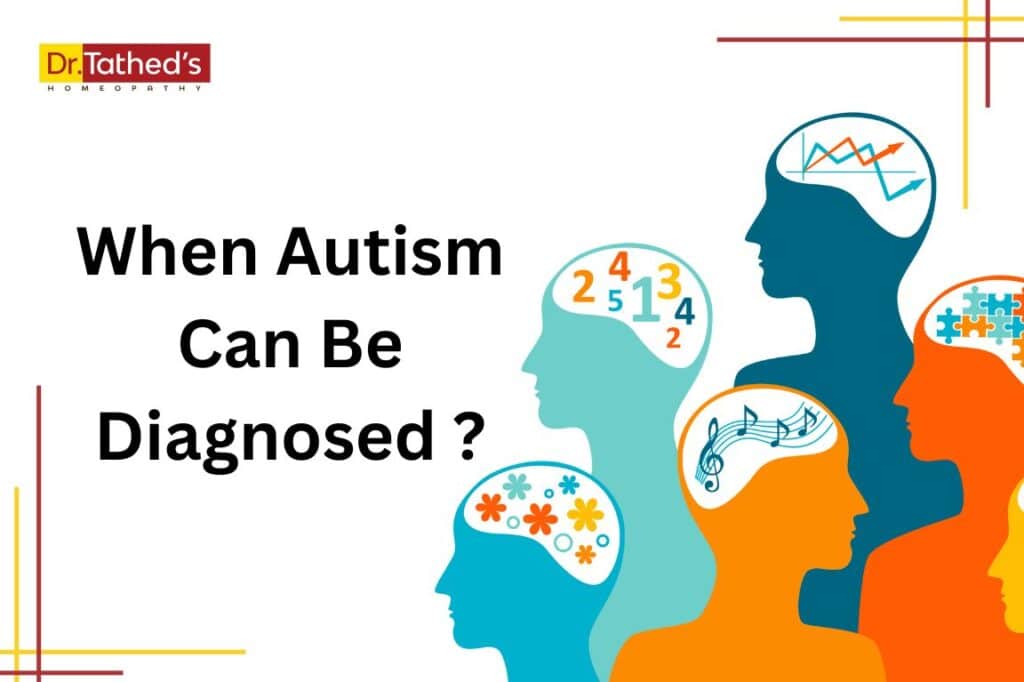Autism is a developmental disorder that affects social interaction, communication, and behavior. Early diagnosis of autism is crucial for effective intervention and support for individuals with autism spectrum disorder (ASD) and their families. In this article, we will explore the signs and symptoms of autism and the age at which autism can be diagnosed.
Understanding Autism Spectrum Disorder
Autism is a spectrum disorder, which means that it affects individuals differently and to varying degrees. Some individuals with autism may have mild symptoms, while others may have more severe symptoms that impact their daily lives. Common symptoms of autism include:
- Difficulty with social interaction and communication
- Repetitive behaviors or routines
- Unusual sensory experiences, such as hypersensitivity or insensitivity to certain sounds or textures
- Delayed speech or language skills
- Lack of interest in playing with other children or sharing toys
- Difficulty with transitions or changes in routine
Diagnosing Autism in Infants and Toddlers
Autism can be diagnosed as early as 18 months of age, although most children are diagnosed between the ages of 2 and 4 years old. Early signs of autism may include:
- Lack of or delayed response to name
- Limited or no eye contact
- Lack of social smiling or joyful expressions
- Delayed or no babbling, pointing, or gestures
- Lack of interest in playing with others or sharing toys
- Unusual or repetitive movements, such as hand flapping or spinning objects
If you notice any of these signs or symptoms in your infant or toddler, it is important to speak with your pediatrician or a specialist in autism diagnosis and treatment.
Diagnosing Autism in Older Children and Adolescents
In older children and adolescents, the signs and symptoms of autism may be more subtle or difficult to recognize. Common signs of autism in older children and adolescents include:
- Difficulty making and keeping friends
- Lack of interest in age-appropriate activities or hobbies
- Difficulty understanding social cues or nonverbal communication
- Difficulty with organization or completing tasks
- Difficulty with transitions or changes in routine
- Unusual or repetitive behaviors, such as lining up objects or repeating phrases
If you suspect that your child or adolescent may have autism, it is important to speak with a healthcare provider or specialist in autism diagnosis and treatment.
The Importance of Early Diagnosis and Intervention
Early diagnosis of autism is crucial for effective intervention and support. Children who are diagnosed with autism at an early age can benefit from early intervention services, such as speech therapy, occupational behaviour therapy & Autism Homeopathy Treatment. These services can help children develop social and communication skills, improve behaviour and coping strategies, and better adapt to new situations and environments.
Common Misconceptions About Autism Diagnosis
There are many misconceptions about autism and the diagnosis process. Some of the most common misconceptions include:
- Autism can only be diagnosed in boys: While autism is more common in boys, it can affect individuals of any gender.
- Autism can be outgrown: Autism is a lifelong condition, but early intervention and support can help individuals with autism reach their full potential.
- Autism is caused by bad parenting or vaccines: There is no evidence to support these claims. Autism is a complex neurological condition that is likely caused by a combination of genetic and environmental factors.
Frequently Asked Questions
- How is autism diagnosed?
Autism is diagnosed through a combination of behavioral observations, developmental assessments, and medical evaluations. - Can autism be diagnosed in infants?
Yes, autism can be diagnosed in infants as young as 18 months old. - Is there a cure for autism?
There is no cure for autism, but early intervention and support can help individuals with autism reach their full potential

